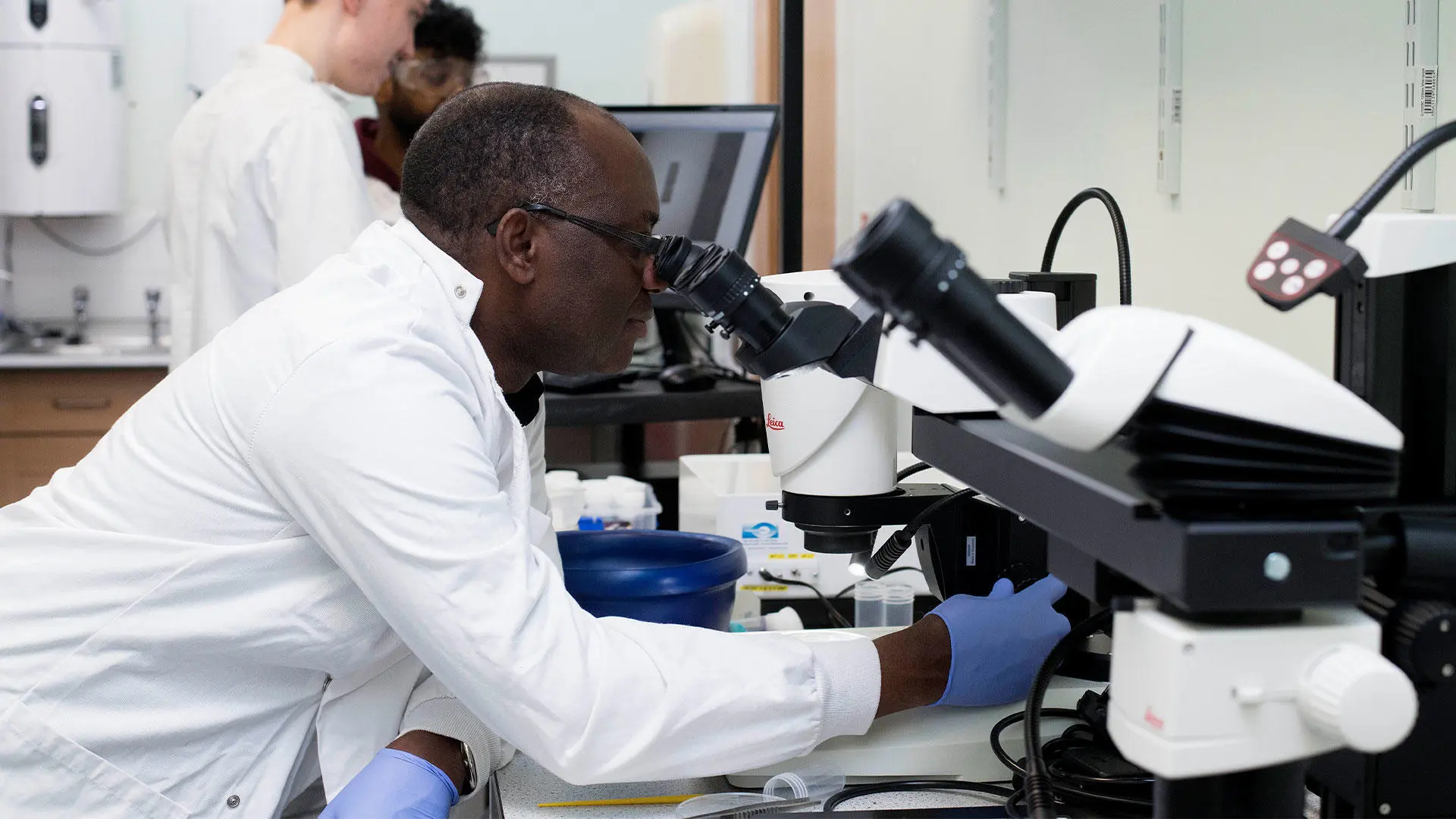Dr Anthony Ashton’s group investigates the precise neuronal components that contribute to neurotransmitter release. Their current projects involve investigating: (i) the control of distinct modes of synaptic vesicle exocytosis; (ii) the relationship of these modes with different synaptic vesicle pools; (iii) the properties of the silent pool of vesicles.
The aim of these studies is to determine how these are normally regulated and whether in neuronal dysfunction their properties are disturbed.
Dr Victorio Bambini Junior is a specialist in animal behaviour and in neuroimmunology. He is interested in neurodevelopmental disorders, especially autism spectrum disorders (ASD), and in the analysis of the interface between immunological alterations and complex neural outcomes. He is part of the Brazilian National Institute of Neuroimmunology (FIOCRUZ – RJ, Brazil), GETTEA (Group of Translational Studies in Autism Spectrum Disorder, Clinical Hospital of Porto Alegre – RS, Brazil) and is responsible for the Laboratory of Behavioural Observation at UCLan.
Victorio was awarded the ICLAS-CALAS Scholarship Award for Young Investigators in Laboratory Animal Science. As part of the award, he was invited to give a talk about his research entitled ‘Are Animals helping us to understand autism?’ at the 14th Academic Conference on Laboratory Animal Science of China in October 2018.
Dr Inma Gonzalez research is focused on the mechanisms by which neurotransmitter receptors are targeted to, retained at and removed from the synapses under physiological and physio pathological conditions. Understanding these processes will give us important insights into synapse formation, stabilisation and the plasticity events underlying cognition in health and disease.
Dr Jamal Nasir has an interest in the genetics of Neuropsychiatric disorders and also has an interest in dopamine signalling especially with respect to schizophrenia and drug abuse. More recently, he and his team have been exploring the genetics of neurodevelopmental disorders through investigating consanguineous populations and has undertaken functional studies of the relevant genes and their roles in various processes in the cell through external collaborations. Dr Nasir has also been investigated the dopamine signalling pathway at the molecular level and identified novel dopamine receptor interacting proteins (DRIPs). Finally, in collaboration with researchers at UCL, Dr Nasir is undertaking genomics and proteomics studies of stroke and various other conditions, including ALS, schizophrenia and Parkinson’s disease.
Dr Robert Sims has a research focus in the physiology of homeostatic sleep and adenosine metabolism in the basal forebrain, although extensive experience in synaptic transmission and plasticity. Working with Prof Nicholas Dale at Warwick University he developed a novel in vitro model for investigating sleep. He is skilled in experimental techniques such as electrophysiology, fluorescence imaging, optogenetics and microelectrode biosensors.
Dr Chris Smith’s experience of in vivo micro dialysis can be applied to disparate conditions from glioma to Alzheimer’s disease where the neurochemistry of the brain can be monitored in situ in the living organism as the disease progresses. In addition the technique can be used to determine the effect pharmacological agents would have on the release of neurotransmitters. A powerful aspect of in vivo pharmacology is combining micro dialysis with behavioural studies to correlate the brain neurochemistry with behaviour, an ambition that is currently being worked towards.
Dr Craig Bertram is engaged in the Parkinson’s disease research as well as the disturbance of glutamatergic signalling in dementia models.
